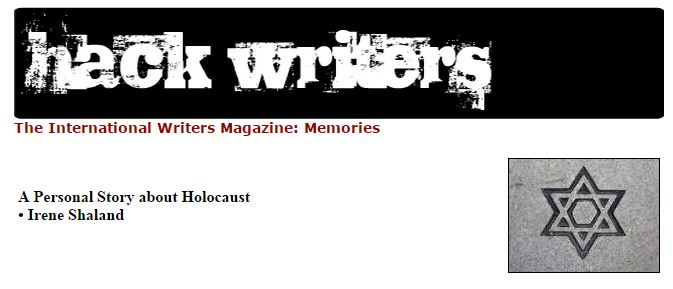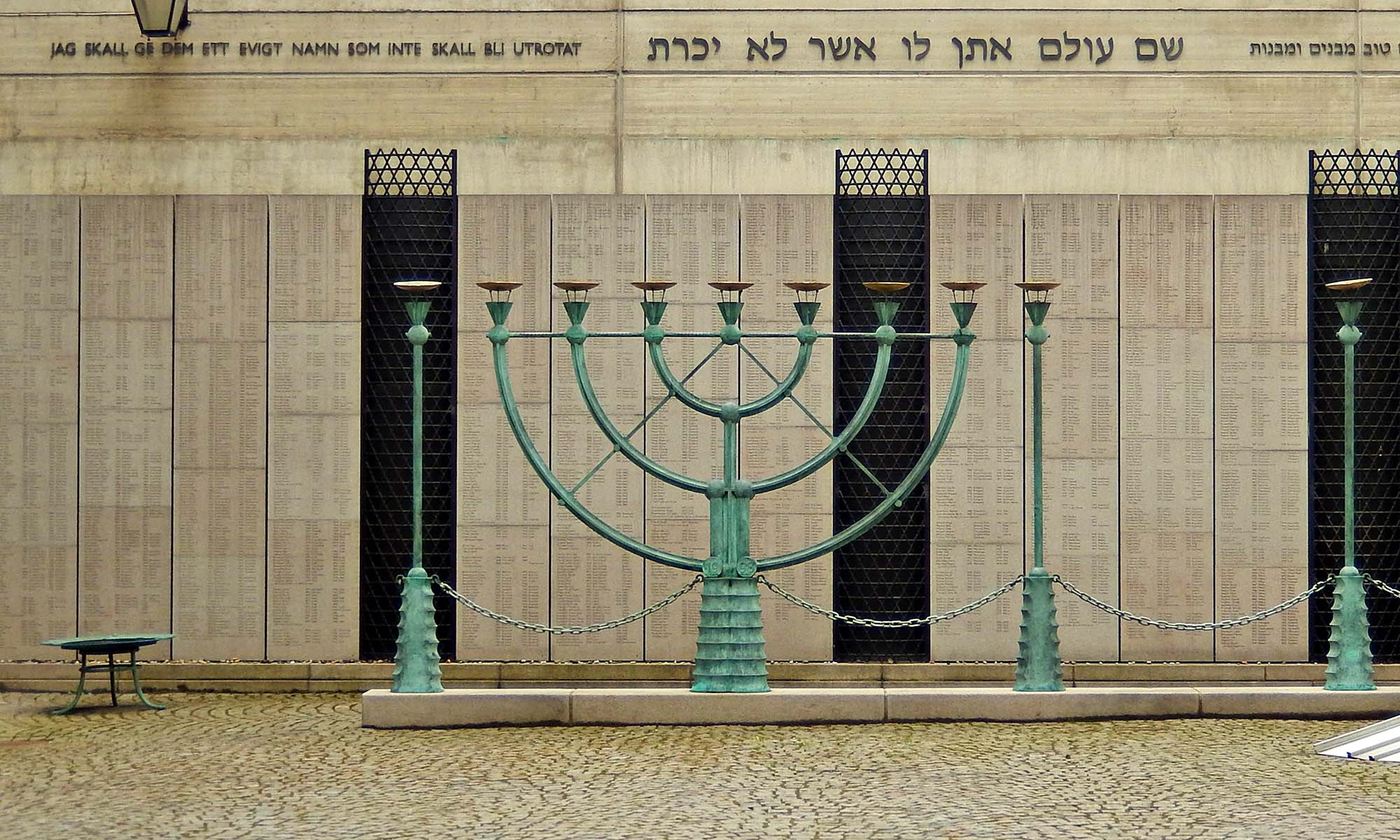Please continue reading to find the link to this story about the Holocaust.
 I did not travel anywhere to find this story about the Holocaust. It lives within me, as it does within most Jewish people’s hearts and minds. These are our personal Holocaust narrative: pain and loss, lives interrupted, generations unborn, and post-war silence and indifference. Multitudes of these internalized narratives are recorded, but many are still untold.
I did not travel anywhere to find this story about the Holocaust. It lives within me, as it does within most Jewish people’s hearts and minds. These are our personal Holocaust narrative: pain and loss, lives interrupted, generations unborn, and post-war silence and indifference. Multitudes of these internalized narratives are recorded, but many are still untold.
The Soviet Union and my family’s Holocaust narrative
I grew up knowing Yevtushenko’s poem by heart. He wrote it to expose the incomprehensible inhumanity of Babi Yar, a place in Kiev where the Nazis massacred the entire Jewish population there. My grandmother Sonia’s family from Vileyka was similarly murdered, along with all the Jews of that small town during the German occupation. In the early 1920s, when Sonja left Vileyka to follow her scientist-Communist husband Michael Kopeliovich to the Soviet Ukraine, Vileyka was in Poland. Stalin’s purges followed, when Michael, a Deputy Minister of Education, was arrested and soon executed by the NKVD (predecessor of the KGB). Meanwhile, Sonia hid to avoid being arrested herself. My grandmother did not find out about her Polish family’s fate until well after World War II. By that time, Vileyka, annexed by the Red Army, became part of the Soviet republic of Belarus. Until the breakup of the Soviet Union, neither the Polish nor Soviet government ever recognized what happened during World War II to the European Jewry in general and to their own Jewish citizens in particular.
Even though the word “Holocaust” came into widespread usage at the end of the 1960s, it was only when I arrived in the US in 1982 that I learned about the Nazi’s “Final Solution” and heard the word for the first time. The Russians had their specific models for controlling historic remembrance both within their republics and the Soviet bloc countries. According to a 2012 study published in the Geschichtswerkstatt Europa (1), in Belarus, like elsewhere in the Soviet Union, the government completely rejected any notion of national identity. The official propaganda showcased the number of Soviet people killed by the enemy during the war but never specific atrocities done to the Jews as part of the Nazi’s extermination program. The very word “Jewish” was never used and instead, vague “Soviet patriotic citizens” were commemorated. In Poland, on the contrary, nationality – Polish, to be specific – was paramount for the Party. Stalin dictated his satellite country to build a stable ethnic society. In addition to prevailing anti-Semitic attitudes of Polish citizens who did not want their surviving Jewish compatriots to return from the camps, the Polish government saw Holocaust remembrance as a reminder of multi-national Poland, and therefore highly undesirable. The Soviets suppressed any hint of the Nazi “final solution” for the same reason they covered up other wartime accounts, such as the massive collaboration with the Nazis in Soviet territory and in the countries that would become members of the Soviet bloc. The Soviet government’s goal was to conceal the Nazis’ mass killing of the Jews, while blaming the Germans for their own atrocities like the Katyn Massacre when the Red Army’s executed more than twenty thousand Polish officers in the Katyn forest. The regime did not want questions about its own strategies of ethnic relocations, mass purges, and concentration camps. These strategies were learned well by the Nazis when they implemented their own genocide programs.
(1) Dunets, N., Kostrzewa, K., Binkin, G. Official Soviet Attitude towards the Holocaust in Homel and Wolomin, Geschichtswerkstatt Europa, April 2012.
[Please follow the link to continue reading my article published by The International Writers Magazine:] http://www.hackwriters.com/HolocaustIS.htm
Read our Jewish stories about the Holocaust, diaspora, and rebirth from Europe, Asia, and Africa.
Learn more about Irene Shaland.
jewish shoah, jewish genocide, jewish people, jewish beliefs, jewish history, history of jews, story about the Holocaust, the shoah, holocaust stories, jewish diaspora, holocaust history

